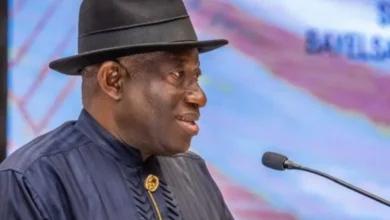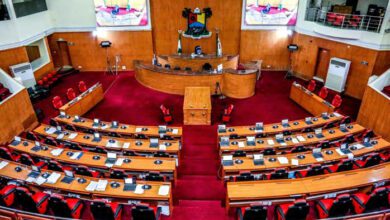Why airfares are high, flights frequently canceled in Nigeria – Keyamo


The Minister of Aviation and Aerospace Development, Festus Keyamo, hs explained that lack of sufficient aircraft in Nigeria is the main reason for frequent flight cancellations and high ticket prices for local and international flights.
Speaking in an interview with the BBC Pidgin on Saturday, Keyamo expressed concern over the challenges, including flight delays without prior notice to passengers, assuring that they would soon be resolved.
He said the government has initiated a process to empower Nigerian airline operators to partner with foreign companies that manufacture airplanes.
“I met with the people on the ground and asked them, and they told me that the money they pay to hire (rent) airplanes is too high,” Keyamo said.
“They call it wet lease, and the kind of airplanes they get are not the ones they can pay for in installments, why? It’s because the people who bring airplanes to Nigeria for business are afraid of Nigeria.
“They said Nigeria is full of dishonest people, and anytime they bring their planes to Nigeria, if the people cannot pay, they cannot recover their planes.
“I met with them around the world, and they told us to change our law called the Cape Town Convention, when you sign it, it means you are serious.
“The law we signed states that if anyone brings an airplane into Nigeria, if there’s a problem, the government will allow them to take their airplane back, we cannot hold it.”
Keyamo said after Nigeria signed the law and agreement, the country’s aviation rating improved significantly — rising from 49 percent to 70.5 percent.
He expressed optimism that as more planes become available, ticket prices will decrease.
On September 12, the federal government signed the Cape Town Convention (CTC) practice direction to enable domestic airline operators to access aircraft on dry lease.
The Cape Town accord aims to enhance asset-based financing and leasing of aviation equipment, including aircraft, thereby expanding funding opportunities and reducing costs for airlines.
With the agreement, Nigerian airline operators are expected to gain access to aircraft on dry lease, which could lead to lower flight rates for passengers.




